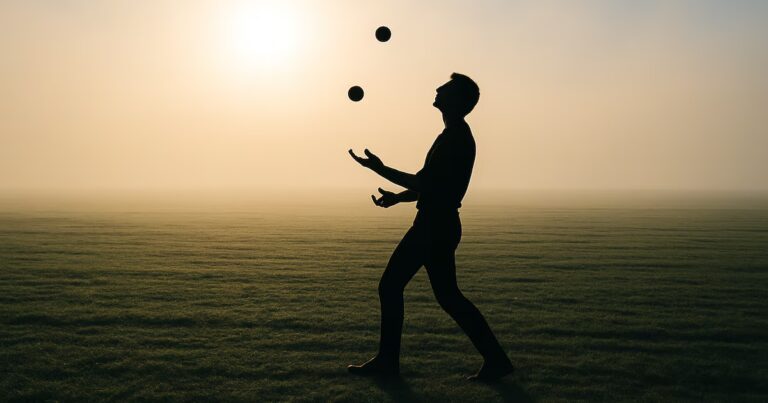
As temperatures rise, we spend more days outdoors, at the beach, and at the pool. Enjoying the start of summer can be difficult for people in the following situations: urinary incontinence. In such cases, the absolute enemy is heat. Not only can your symptoms worsen, but your discomfort and anxiety about potentially developing the condition in public can also increase.. But with some simple care and strategies, you can get through this season with more confidence.
Although it is a symptom associated with aging, A growing body of academic literature reveals that incontinence affects women of all ages.: Young people, new mothers, or people over 60 years old. According to the International Incontinence Association, this Involuntary urinary incontinence can be a social or hygiene problem for patients.
“About 50% of women will experience an episode at some point in their lives. And once you enter menopause, the odds increase exponentially,” reports Dr. Claudia Scalise, head of the urology and pelvic floor department at Güemes Sanitarium.
As explained, symptoms include persistent dripping, the urge to urinate, a feeling that the bladder is not completely empty, or wet underwear. Those are some of the scariest things heading into summer.
In the face of this situation, Tena, a leading incontinence products company, acknowledges what patients have experienced: “he heat Can cause excessive sweating and be uncomfortable for people with incontinence Or unsafe. On top of that, Dehydration can affect bladder function and worsen incontinence symptoms”.
In the face of the discomfort experienced, the brand offers three tips to avoid letting incontinence ruin your sunny day.
Other “hints” For example, here are some things that help you feel better in hot weather: Walk during hours of low sunlight. “Doing it early in the morning or at dusk can help you avoid suffering from extreme heat. Plus, walking is a low-impact exercise that can help strengthen your pelvic floor and improve bladder control,” they point out from Tena.
Regarding the social stress caused by others seeing signs of incontinence, the brand’s experts say: “Fear of what people will say or that an accident might happen can create stress, but it’s just a mental game. “We have to make sure we don’t ruin the moment.”



